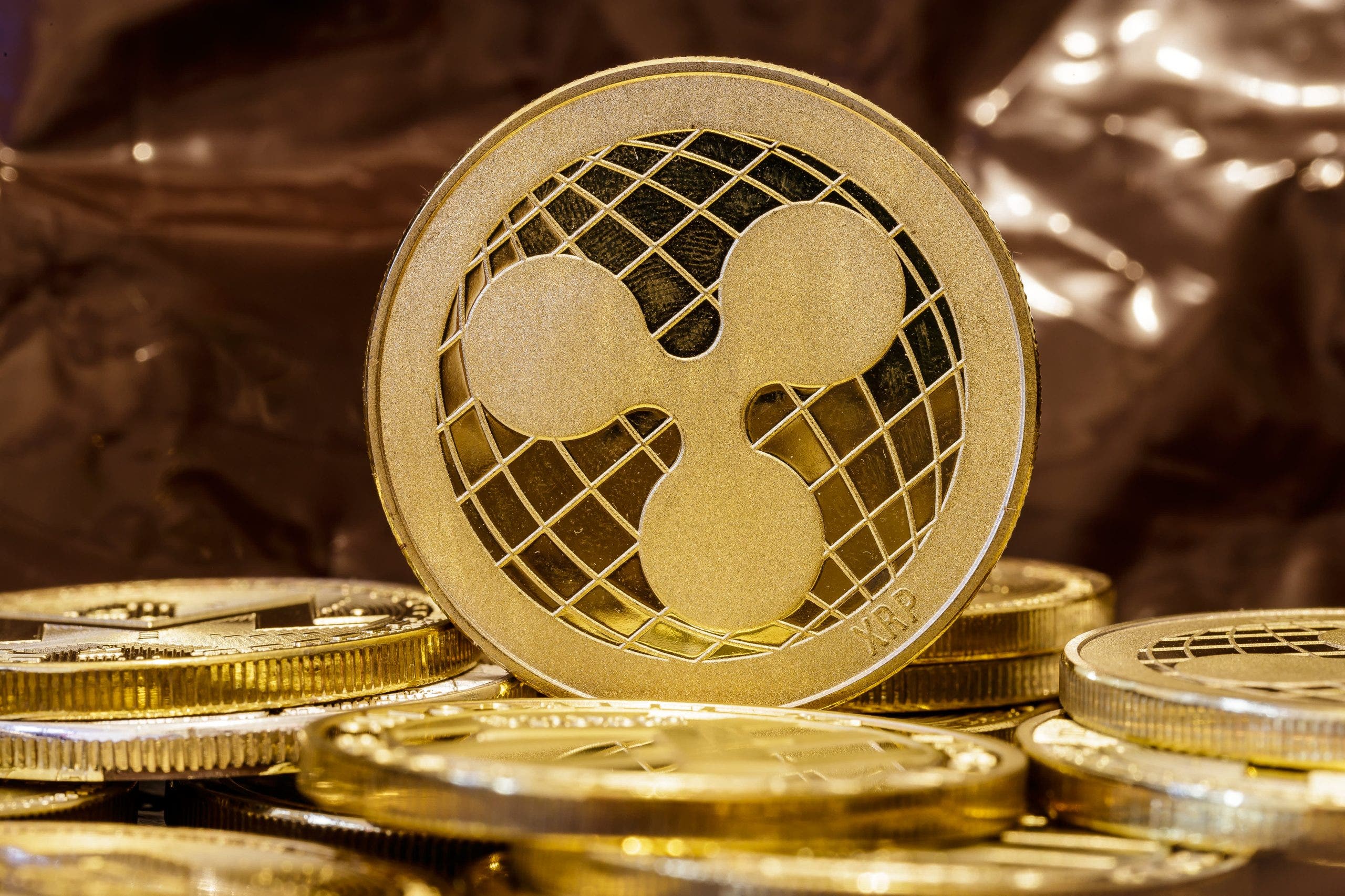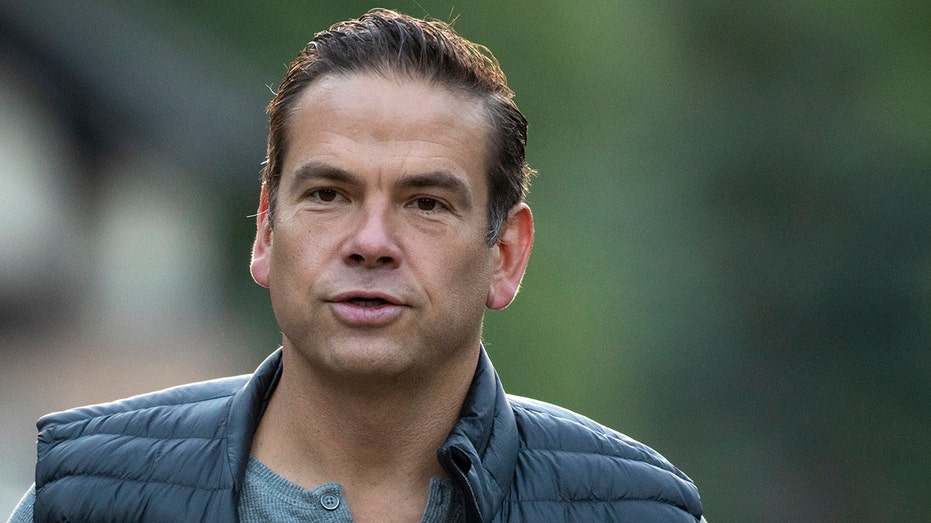JAKARTA: The Indonesian government has denied any knowledge of a proposal by a Bruneian infrastructure company to build a high-speed railway (HSR) network connecting the three countries on Borneo Island – Brunei, Malaysia and Indonesia – dubbed the Trans Borneo Railway.
Investment Minister Bahlil Lahadalia told reporters on Monday that he was aware of no such proposal and denied the project existed.
Meanwhile, Transportation Minister Budi Karya Sumadi told reporters on Tuesday that he had no idea about the proposal, which would reportedly pass through the territories of the three countries on Borneo, namely Brunei itself, Sabah and Sarawak in Malaysia and Indonesian Kalimantan.
Separately, the Transportation Ministry’s railway director-general, Risal Wasal, said on Tuesday that the government had not engaged in any discussion with its Malaysian or Bruneian counterparts regarding a cross-border rail link project.
“This was merely somebody’s proposal to build a railway,” Risal clarified, emphasising he had not received any formal pitch about the project.
The project was announced by Brunei-based company Brunergy Utama on its website, which made headlines at the end of March.
The proposed rail link would span about 1,620 km, connecting places in Borneo known for their natural resources, including oil, coal and palm plantations.
It would be built in two phases, with the first one covering mostly cities in Malaysia’s Sarawak and Sabah states and including Pontianak, the provincial capital of West Kalimantan in Indonesia.
This line would run through the northern and western parts of Borneo. The second phase would cover a southern route that would run through mostly Indonesian cities in Kalimantan, including Samarinda and Balikpapan, the provincial capitals of North and East Kalimantan, respectively.
Both phases would connect in Brunei’s Tutong district.
Indonesia was the first Asean country to run a HSR link with its 350 km/hour China-backed Jakarta to Bandung Whoosh service, which opened last year.
Indonesian experts have poured cold water on the proposed Trans Borneo Railway project, questioning its financial feasibility and overall benefits to the region.
Malaysia has been constructing the 2,000 km Pan Borneo Highway project for decades, while Indonesia built the Samarinda-Balikpapan toll road in 2019 and plans to build another connecting Pontianak to Kijing Port.
University of Indonesia transportation analyst Soetanto Soehodho suggested it would be better for the region to build a freight train service to cater to the much more viable demand from extractive and plantation industries, compared with the proposed HSR, which would carry passengers.
“There just isn’t enough of a population in either Brunei or Kalimantan to justify a high-speed rail,” he said.
HSR is best suited for markets with significant populations, according to the World Bank in 2019, which stated that such a service would need to carry at least four million passengers per year to be deemed viable.
Meanwhile, an Australian government study showed a viable HSR project should be able to cater to between six million and 12 million passengers a year.
To do so, it would need to connect cities with populations of well over one million.
Soetanto, who also serves as a member of the International High-Speed Rail Association, raised doubts about the Brunei firm’s qualifications to spearhead such a massive undertaking, which would cost an estimated US$70bil.
“I find it highly doubtful any investor would be willing to shell out that kind of money without a clear path to financial returns,” he said.
He suggested that it would require more than 50 years for the investment to yield returns, especially given the low population across the three countries on Borneo Island.
The project could boost tourism in Brunei, he pointed out, as well as facilitate the transportation of workers to plantations in Kalimantan or Malaysia or to construction projects in Brunei.
With Indonesia’s recent experience completing the Jakarta-Bandung HSR link, it could play a leading role in the project given the country has 73% of the landmass of Borneo, he said.
Soetanto added that it was likely the project would involve China, with many speculating that it could potentially be part of the Belt and Road Initiative (BRI), given the need for a strong and experienced backer.
Malaysian Transport Minister Anthony Loke said on Monday that the Trans Borneo HSR project was still a proposal and had not been offered to any companies, but the tender to conduct feasibility studies for the project would be opened in May, The Malay Mail reported. — The Jakarta Post/ANN


